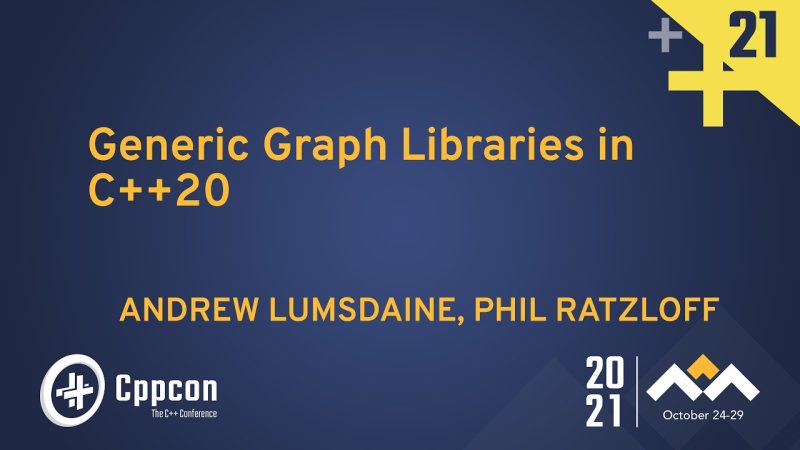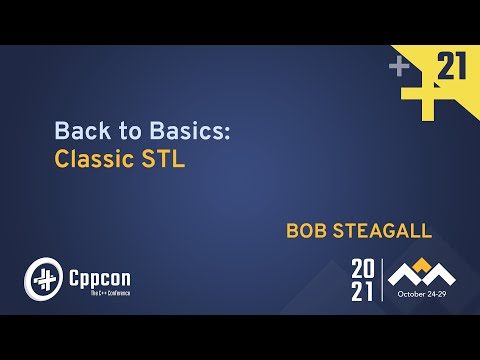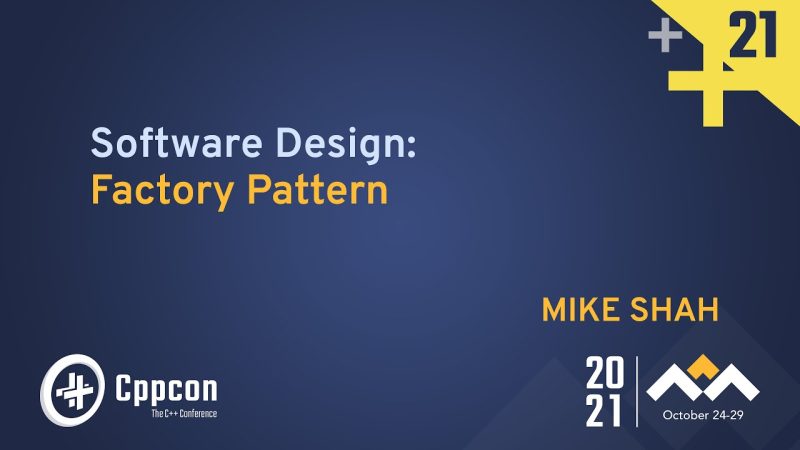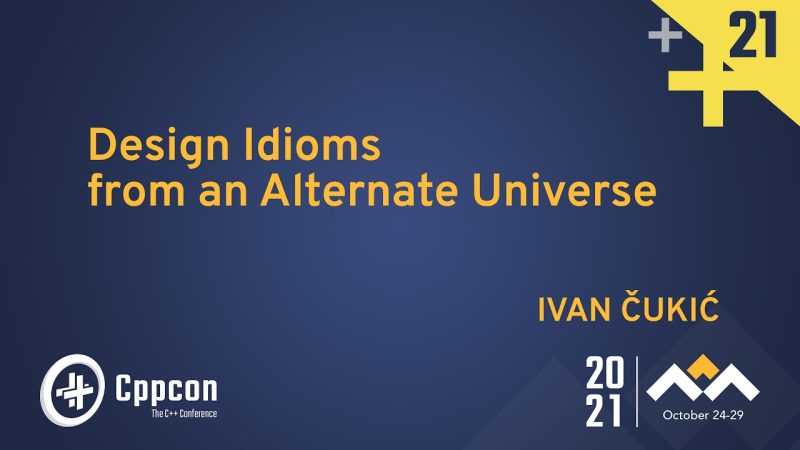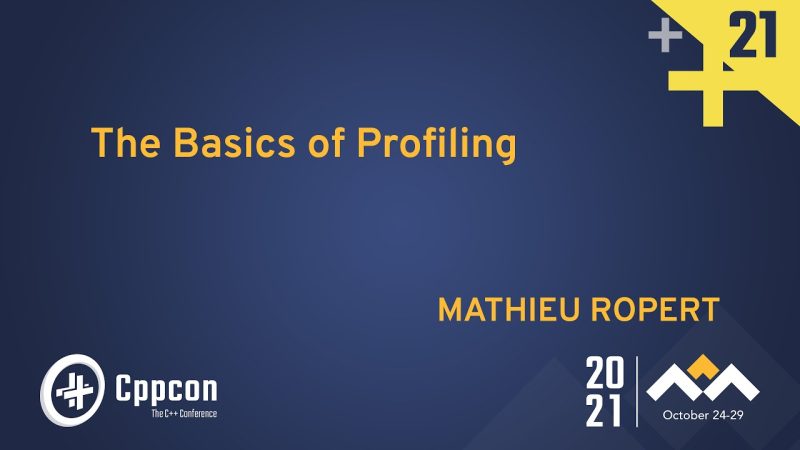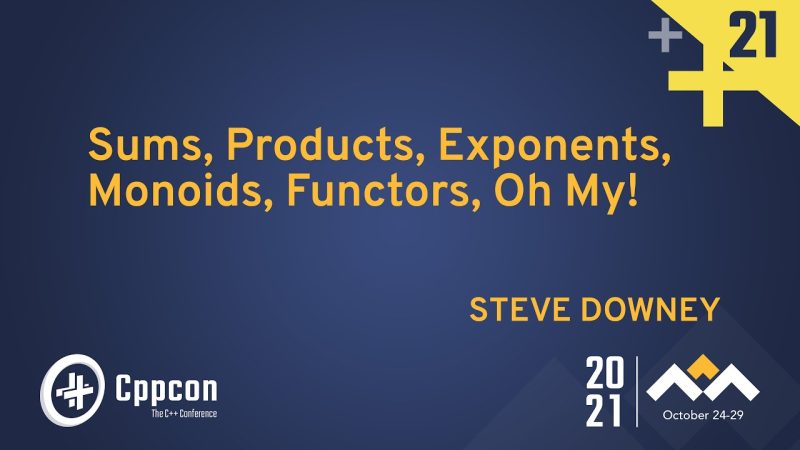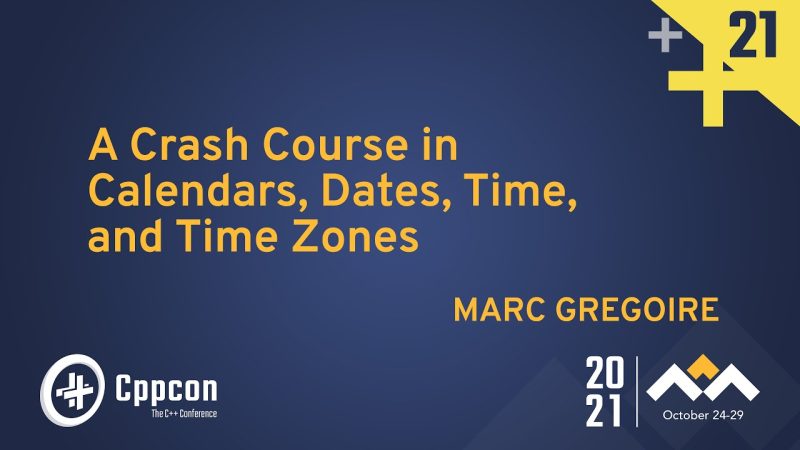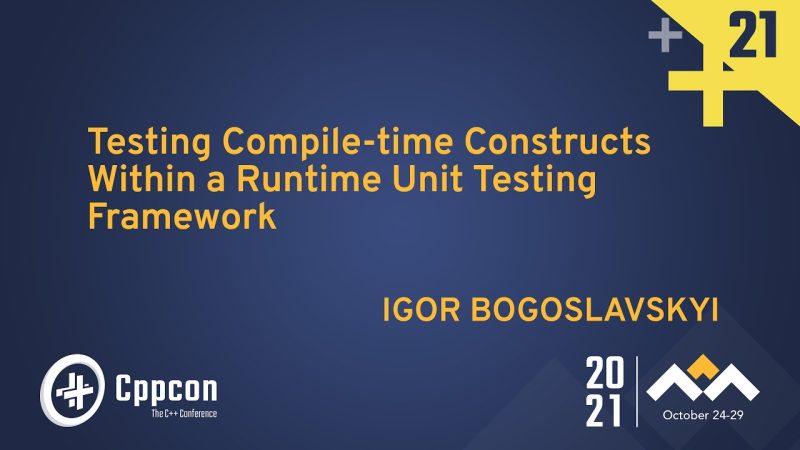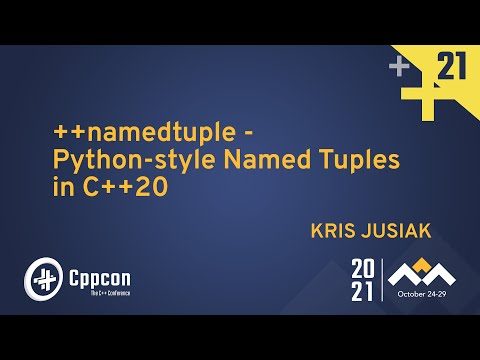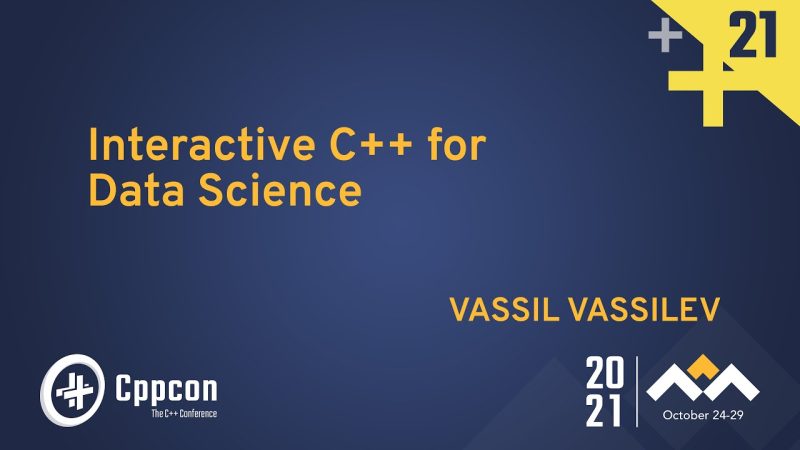https://cppcon.org/
https://github.com/CppCon/CppCon2020
---
The C++ Standard Library is a valuable collection of generic algorithms and data structures that improves the usability and reliability of C++ software. Graph algorithms and data structures are notably absent from the standard library, and previous attempts to fill this gap have not gained widespread adoption.
This session presents an approach for expressing graph algorithms in a modern, composable, and extensible, aka generic, fashion. Concepts provide a means for a systematic organization of the type requirements for graph algorithms to operate correctly and efficiently. Remarkably, these type requirements can be expressed not in graph-specific terms, but rather in terms of existing sets of requirements already in place for basic containers in C++, i.e., ranges. Using this conceptual framework, we develop several generic algorithms and concrete data structures as well as the emerging proposal for a standard graph library.
---
Andrew Lumsdaine
Andrew Lumsdaine is an internationally recognized expert in the area of high-performance computing who has made important contributions in many of the constitutive areas of HPC, including systems, programming languages, software libraries, and performance modeling. His work in HPC has been motivated by data-driven problems (e.g., large-scale graph analytics), as well as more traditional computational science problems. He has been an active participant in multiple standardization efforts, including the MPI Forum, the BLAS Technical Forum, the ISO C++ standardization committee, the oneAPI Technical Advisory Board, and the SYCL Advisory Panel. Open source software projects resulting from his work include the Matrix Template Library, the Boost Graph Library, and Open MPI.
Phil Ratzloff
Phil Ratzloff is a Distinguished Software Developer and C++ advocate at SAS Institute. He has used C++ for 26 years on applications using graphs for business cost analysis and fraud detection.
---
Videos Streamed & Edited by Digital Medium: http://online.digital-medium.co.uk
The CppCon YouTube Channel Is Sponsored By:
JetBrains : http://jb.gg/cpptools
SonarSource: https://www.sonarsource.com/


